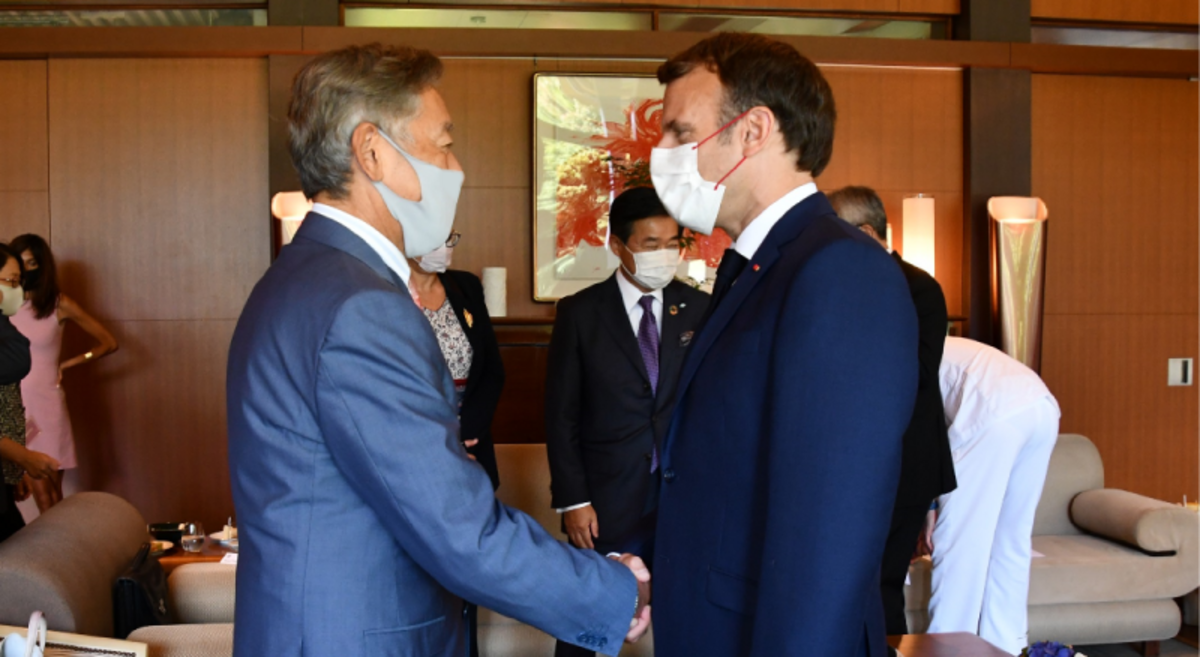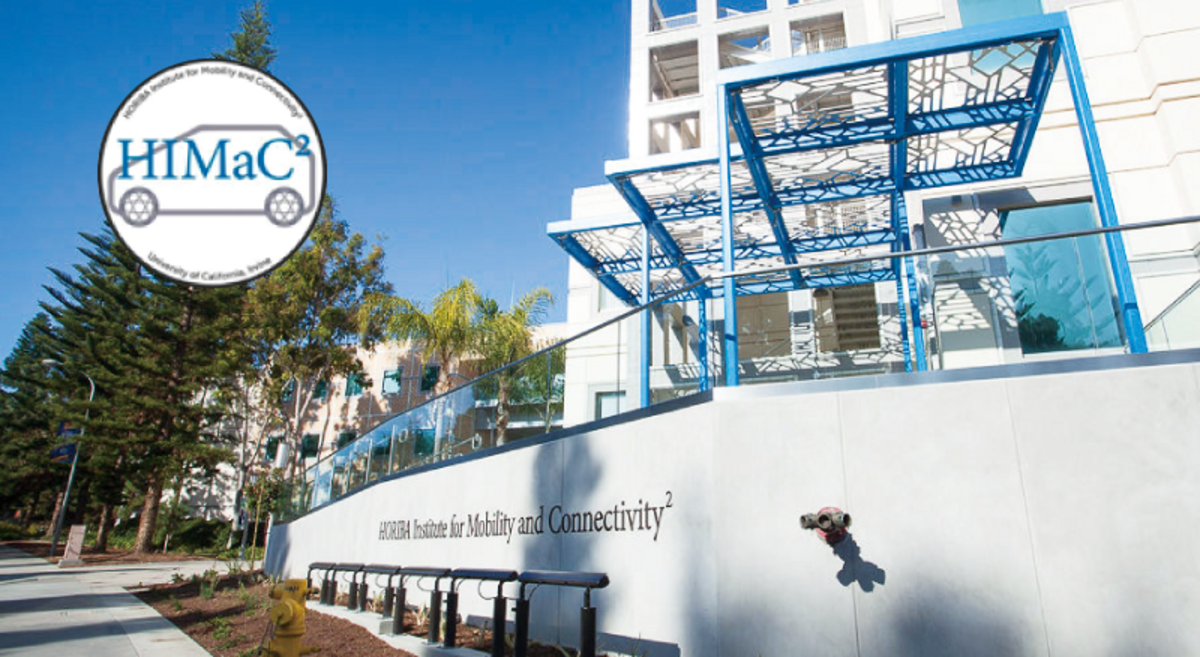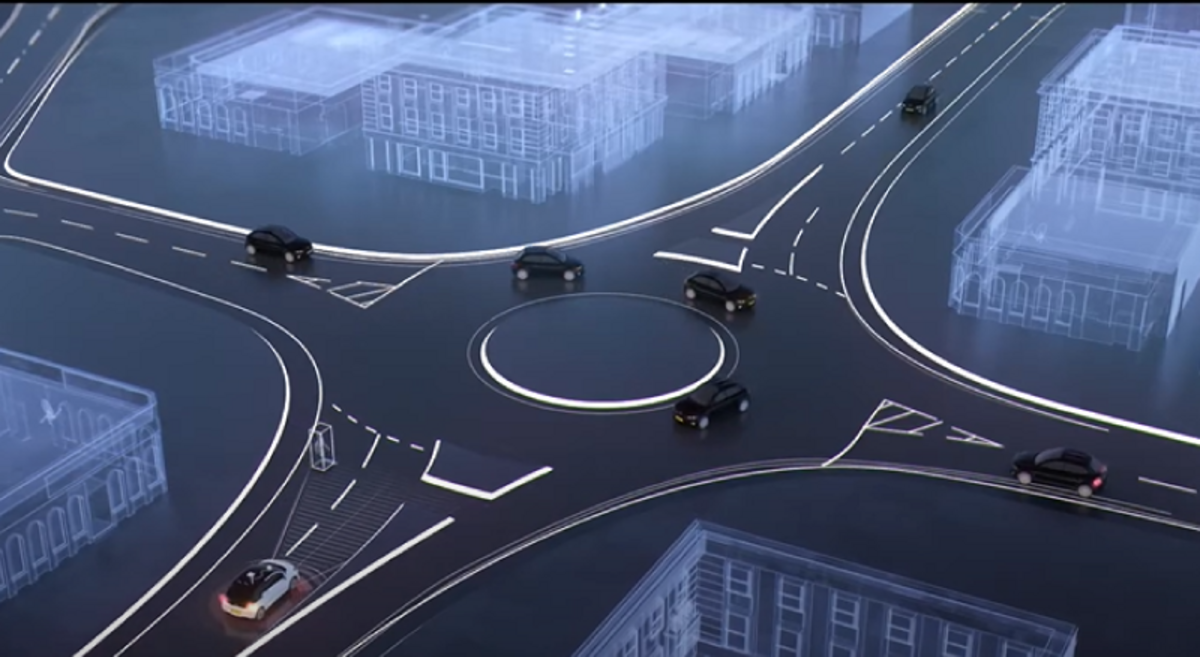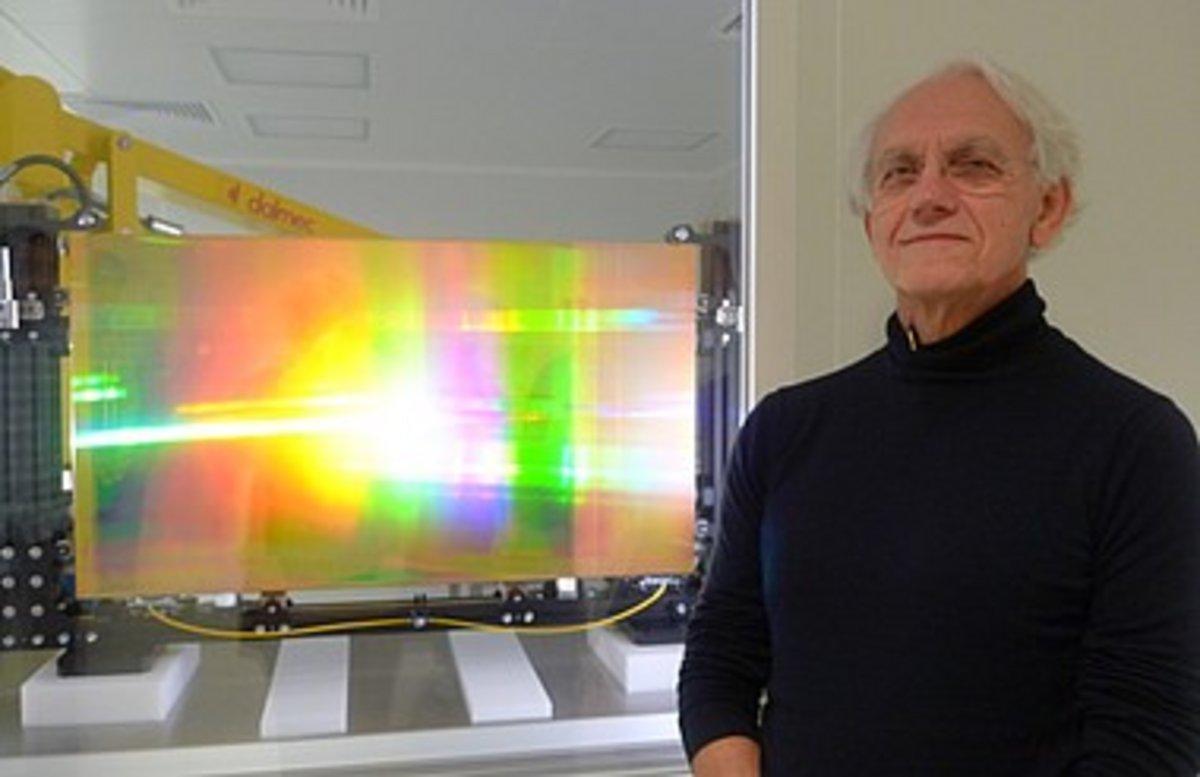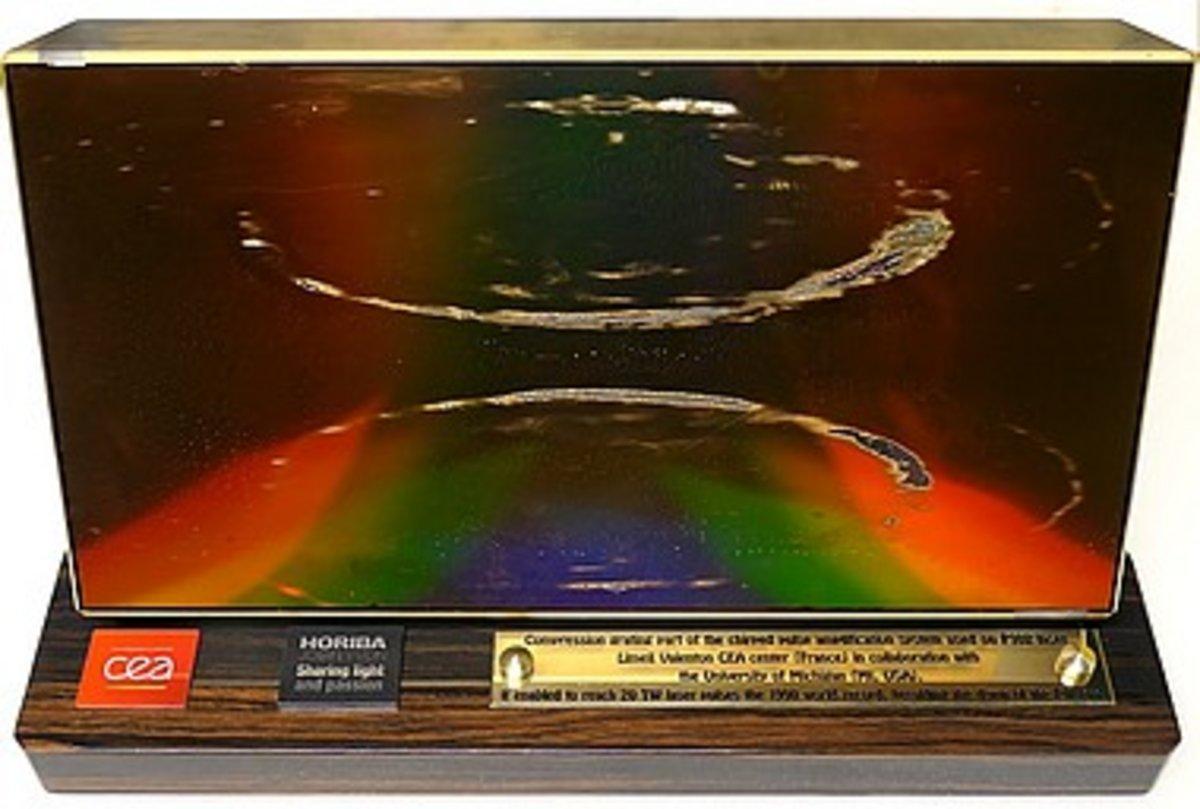Japan
FC Cubic
(Japanese only)
With about 50 group companies around the world, we are able to quickly identify different needs and economic and technological development trends rooted in each country and region, and deploy them on a global level. Our efforts have been highly evaluated, and we have become the partner of choice for carbon neutrality for government agencies and academia in many countries.
In order to achieve the 2050 carbon neutral society, global collaboration among countries beyond national and regional boundaries is indispensable, in addition to technical aspects. At the same time, the stable supply of energy also requires an optimal energy mix that is responsive to regional circumstances, including resources, geographical requirements, and government investments and policies.
Through dynamic global investments and extensive connections with academia and industry associations, we share the same goals with our customers in the region and respond to them in a multifaceted, multi-location manner with the aim of growing together. We look forward to working with you to solve your challenges.
Table of Contents
As a global company, HORIBA not only has a network of activity centers around the world, but also has central bases for technological development and business operations in major business areas, which can be called the "headquarters" of our business operations scattered throughout the world.
In the field of energy, we have development and production sites in main areas such as Japan, Europe, the U.S., and China, where we can find clues to global trends, and our excellent engineers continue to work on new technological development rooted in the needs of each region.
Policies and technological needs to achieve carbon neutrality vary widely from country to country and region to region (see "Global Trends and Strategies toward Carbon Neutrality"). Our network of activity centers around the world allows HORIBA to keep abreast of regional trends and changes, and to provide advice in partnership with our customers.
In France, government-led efforts to build a decarbonized society have led to aggressive investments in the efficient use of energy.
Genvia, is a clean hydrogen technology venture established through a public-private partnership. The country's President Macron visited Genvia in November 2021 and announced additional government investment to promote hydrogen energy. Part of this includes investment in Genvia's development.
We have been doing business extensively in France, and have delivered water electrolysis cell/stack evaluation equipment to Genvia. In July 2021, President Macron met with HORIBA Chairman and Group CEO Atsushi Horiba to exchange views on hydrogen-related business.
In July 2022, Philippe Rosier, CEO of Symbio, announced the partnership with HORIBA on test benches at a ceremony for the construction of a new plant, one of the largest in France.
Symbio, a joint venture between Forvia (Faurecia) and Michelin in the hydrogen fuel cell business, plans to produce 50,000 Fuel Cells per year in 2026 at its plant under construction in Saint-Fons (Lyon, France).
We will continue to contribute to the construction of a decarbonized society in France and globally.
HORIBA FuelCon (Germany) is a leading global supplier of high-quality, high-precision energy evaluation solutions for fuel cells, water electrolysis and batteries.
In April 2022, HORIBA FuelCon established a new location, the HORIBA eHUB, in the Ostfalen Technology Park, a high-tech park in Magdeburg-Berleben, where the company's head office functions have been relocated. The Ostfalen Technology Park is also home to HORIBA FuelCon's affiliate BeXema, a manufacturer of power supply equipment.
In addition to taking advantage of cutting-edge technologies related to the utilization of hydrogen energy, we have established our own business network and are participating in the H2Giga, a large-scale national project to develop and globally export large-capacity water electrolysis technology in Germany. We have also installed numerous fuel cell and water electrolysis cell evaluation systems for the Fraunhofer-Gesellschaft, the largest applied research institute in Europe.
HORIBA FuelCon has been quick to grasp global trends and plays a major role in the expansion of HORIBA's hydrogen-related business.
Currently, the energy system, where power generation, transmission, and distribution was one-way, is changing to two-way, and the transformation of the system requires research on technological issues and demonstration experiments. Issues related to the state' s energy system are too large to be researched by a single company, so collaboration involving universities and related organizations is important.
With these social issues and the vision of a sustainable energy society in mind, in 2018, we decided to support the establishment of the HORIBA Institute for Mobility and Connectivity2 (HIMaC2) at the University of California, Irvine (UCI), and HIMaC2 is scheduled to open in July 2021.
HIMaC will play a central role in UCI's Advanced Power and Energy Program (APEP), with four labs: Automotive Development, Grid Development, Connected and Automated Vehicles, and Energy-related Materials Research and will work on research issues that cross the mobility and energy fields, which have been considered as different areas previously.
We will continue to proactively support the project and lead the achievement of a sustainable energy society, aiming to create new technologies and businesses in the fields of energy, the environment, and safety.
Related Link >>
Although environmental impact assessment through Life Cycle Assessment (LCA) and other methods is becoming increasingly important to achieve carbon neutrality, little attention has been paid to energy consumption in the field of research and development, as it is partly non-routine.
The Graduate School of Engineering of University of Tokyo (hereinafter referred to as " University of Tokyo"), a national university corporation, and we have established the "Social Collaboration Course for Environmentally Harmonious Energy Systems" on April 1, 2022.
In this course, the University of Tokyo's world-class "prediction technology (AI)" and our long-cultivated "analysis and measurement technology" will be combined to conduct joint research on the establishment of an "energy management system" that "visualizes" energy consumption at R&D sites and leads to optimal utilization of energy. The goal is to commercialize the system developed through the joint research and implement it in society at R&D facilities in various industries.
For details, please see the "Energy Management System (EMS)" page.
The automotive industry in China is expected to be a driving force for economic growth, and the Chinese government is working to further advance the industry by 2025. In this context, automakers are required to develop and launch vehicles quickly in both the new energy vehicle (NEV) market and the conventional internal combustion engine market.
We have opened "HORIBA C-CUBE", a new base for HORIBA Instruments (Shanghai) Co., Ltd. in 2022. This new site will have an automotive measurement and test lab, a scientific analysis application center, and a technical center that will support the entire product lifecycle, enabling us to directly grasp customer needs in the Chinese market and develop China-specific applications, as well as to support life-cycle support for product-related services from production and after-sales service to data operations and replacement.
Related Links >>
The automotive industry is said to be undergoing a once-in-a-century transformation, and this is due to the evolution of technologies in new areas called "CASE" (Connected, Autonomous/Automated, Shared, and Electrified).
We offer comprehensive development support solutions for automated and connected technologies as well as electrification in the development of mobility for a new era that will contribute to the realization of carbon neutrality. HORIBA MIRA in the U.K. plays a central role in this area.
Under the UK's Midlands Future Mobility (MFM) project, HORIBA MIRA is designing and developing software that correlates with both real and virtual driving, mobile facades, and other enhancements to improve the repeatability and accuracy of automated vehicle (CAV) and advanced driver assistance system (ADAS) simulation scenarios under complex conditions and is committed to enhancing its efficient and highly accurate engineering solutions based on a new comprehensive testing ecosystem for CAV/ADAS development called "ASSURED CAV".
In addition, in March 2022, Ceres, a world leader in alternative energy, announced that it will establish a development center at HORIBA MIRA and partner in accelerating hydrogen and fuel cell technologies. Additionally, a project is underway to develop and install an on-site water electrolyzer and EV charging facility in partnership with Octopus Hydrogen in the MIRA Technology Park, which has diverse automotive testing facilities.
Related Links >>
HORIBA JOBIN YVON (now HORIBA FRANCE), which boasts a history of nearly 200 years since its foundation in 1819, has introduced numerous products in the field of optics in cooperation with famous historical scientists including Augustin Jean Fresnel (developer of the Fresnel lens) and Francois Arago. Currently, we supply optical analytical instruments such as Raman spectrometers and X-ray fluorescence analyzers to the most advanced scientific and technological fields, and have gained a high market share in specialized fields such as research and development institutions and universities in various countries, and are adopted by the most advanced research institutions around the world. We are also actively engaged in industry-academia collaborations, such as product development through joint projects with Ecole Polytechnique, the highest educational institution for science and engineering in France.
In addition, our unique gratings (diffraction gratings) have contributed to various NASA space projects and have been used at CEA and other synchrotron radiation facilities in Japan and abroad.
Our advanced material analysis technologies, including spectroscopic analysis technology, are also contributing to innovations in various materials and materials that contribute to carbon neutrality, such as batteries and catalysts.
Related Links >>


